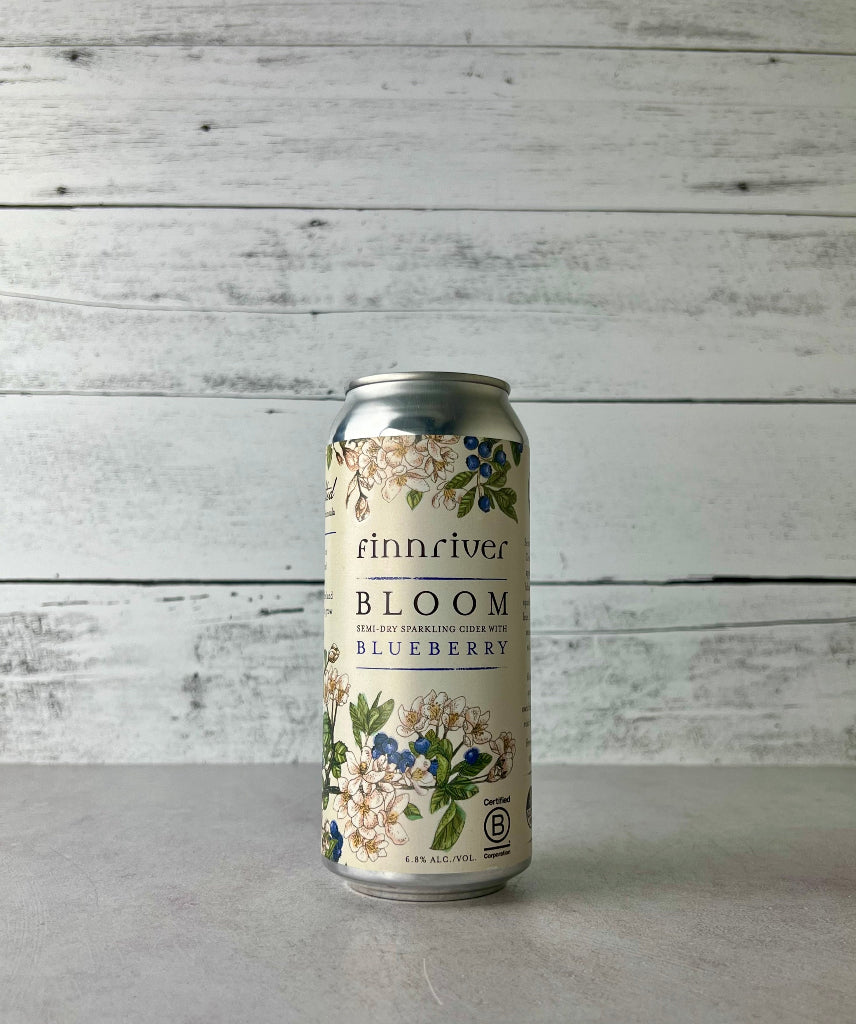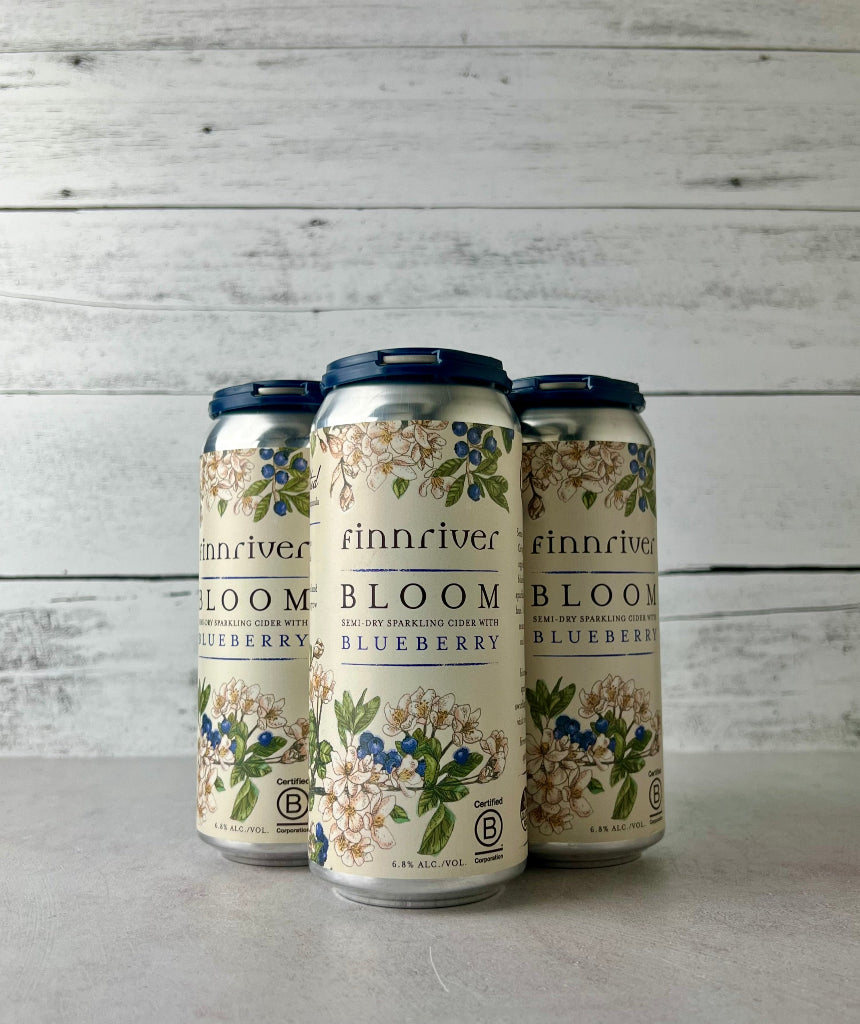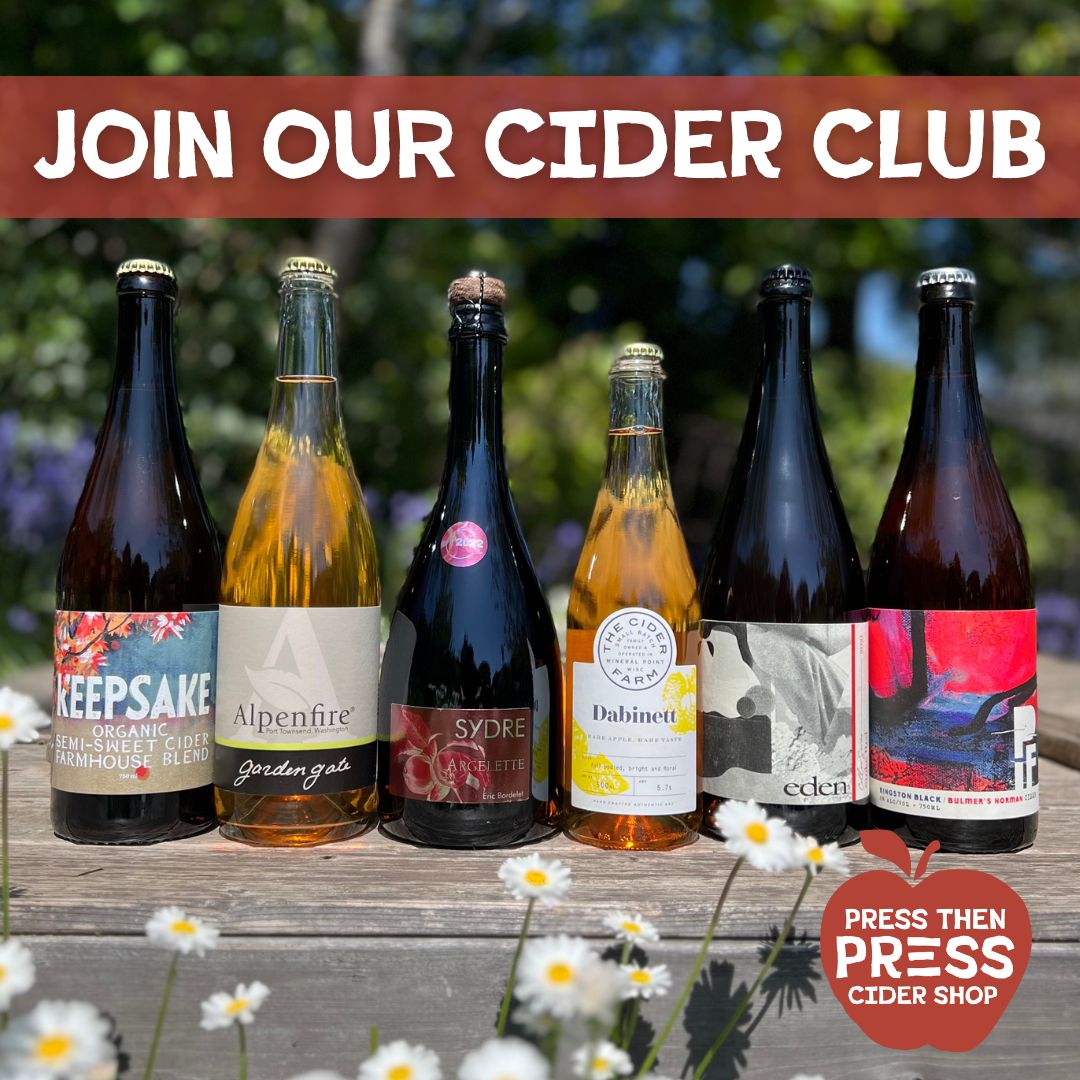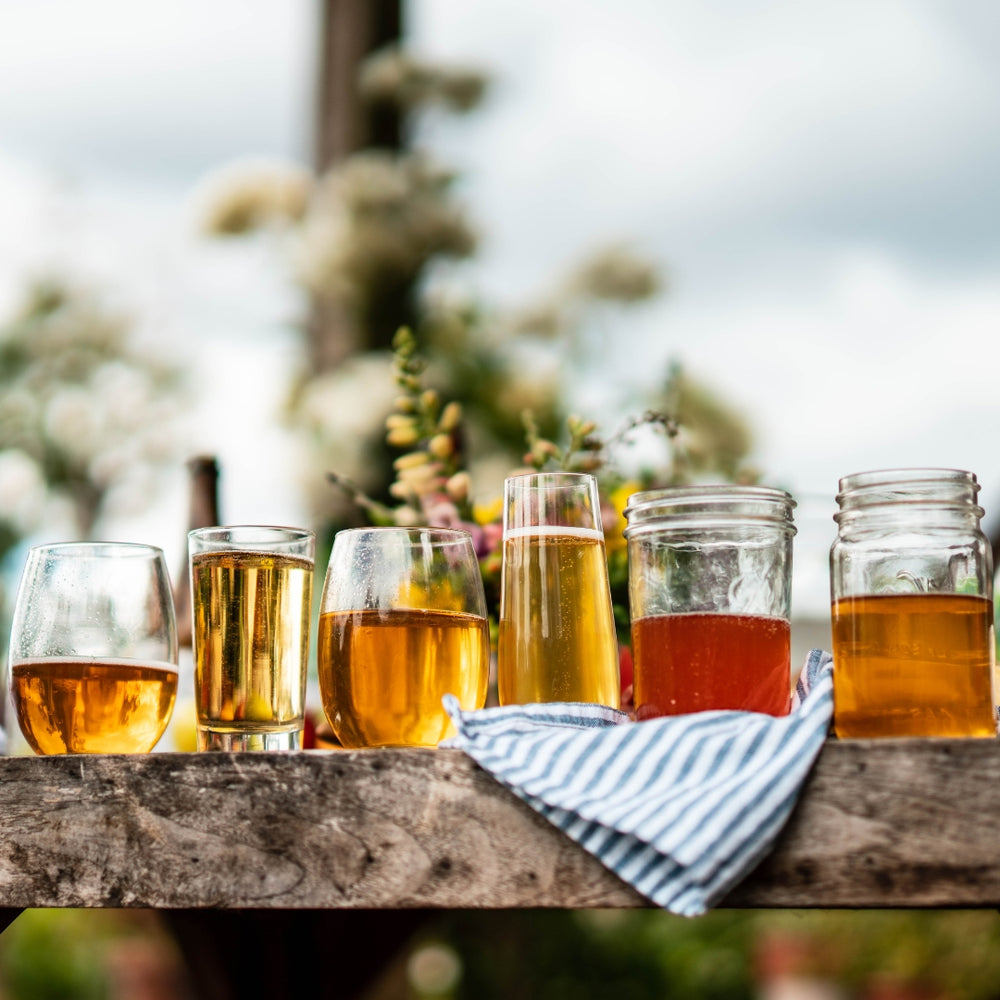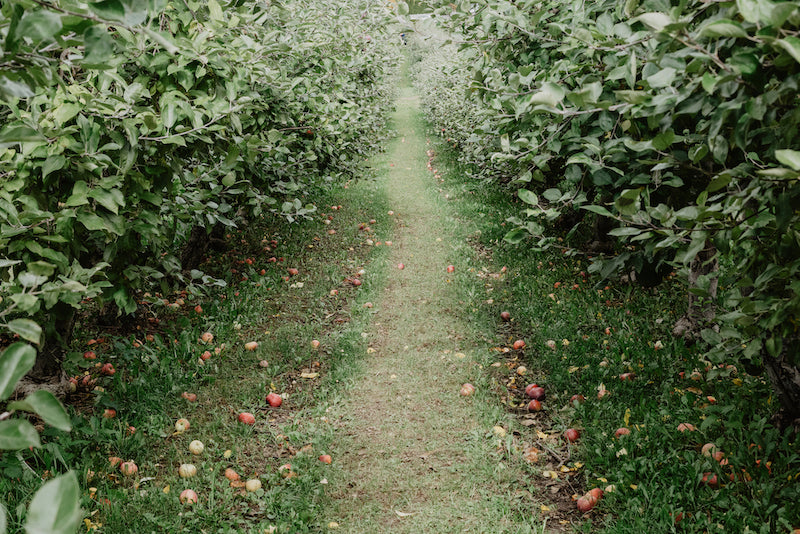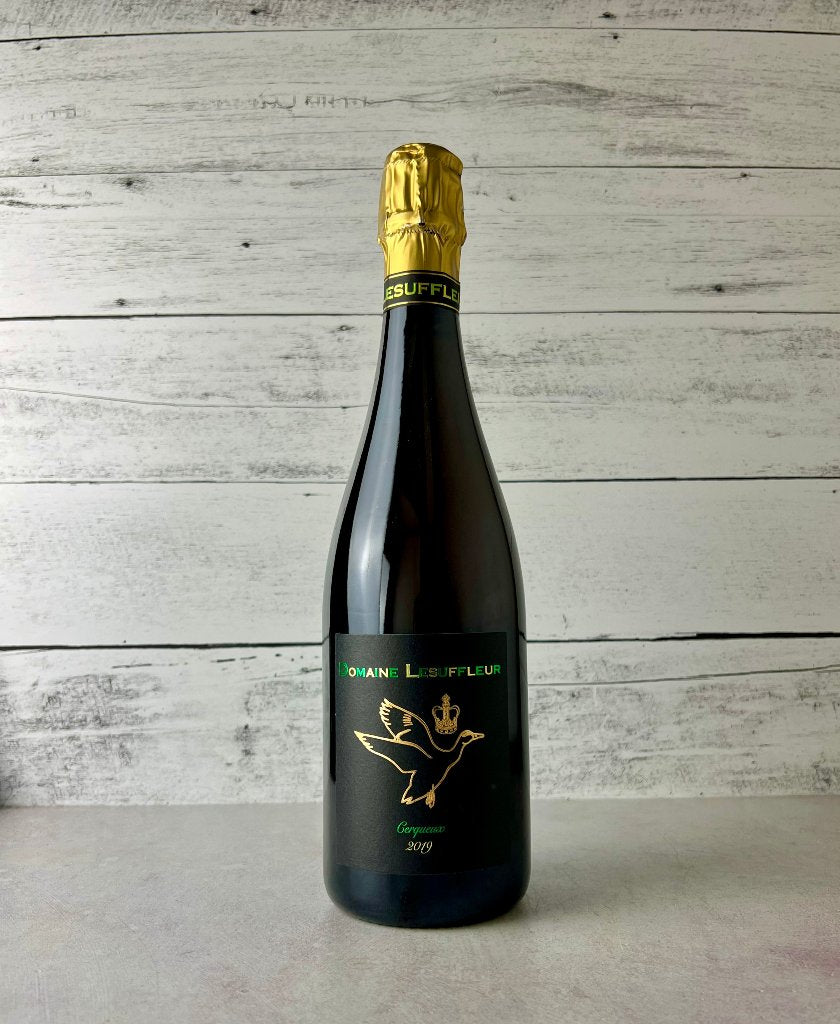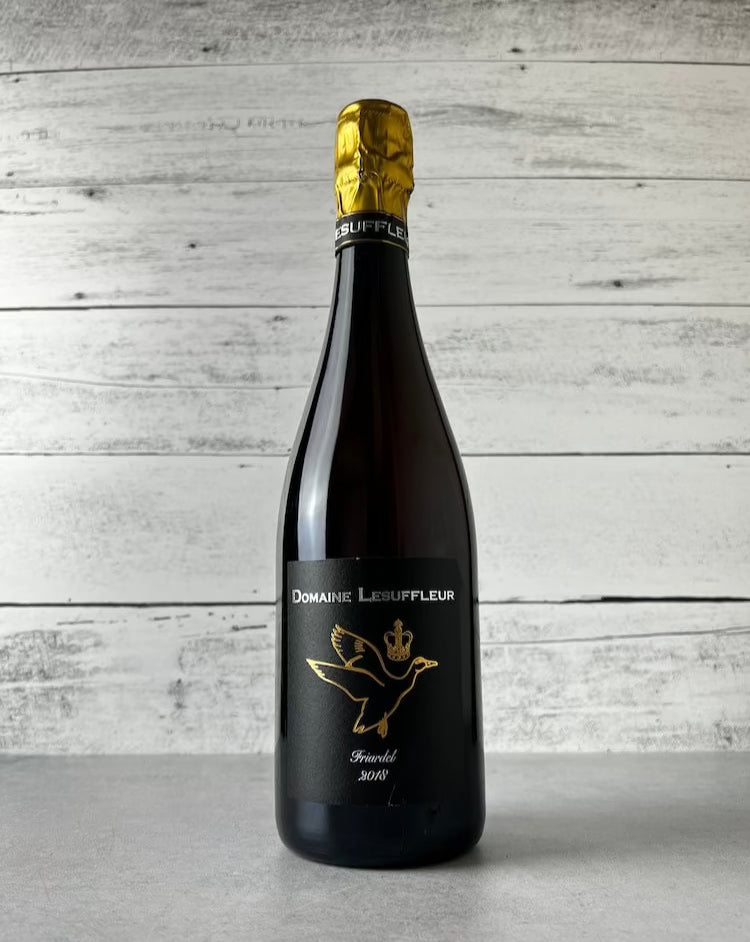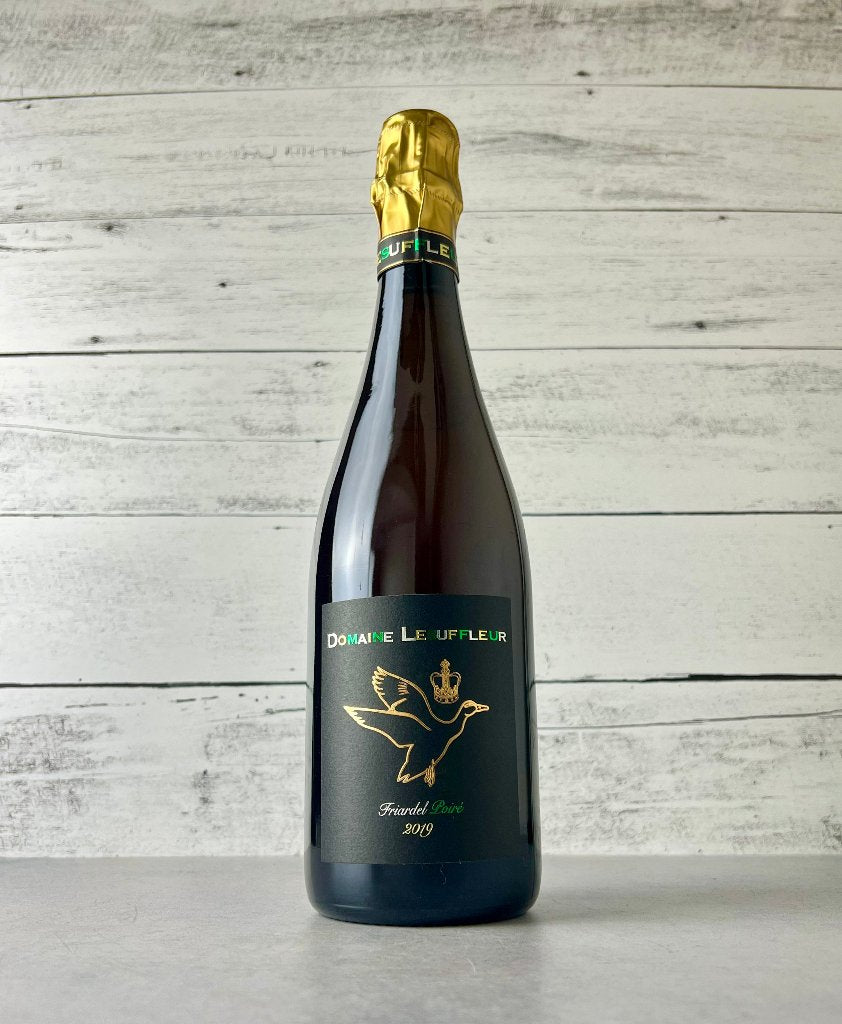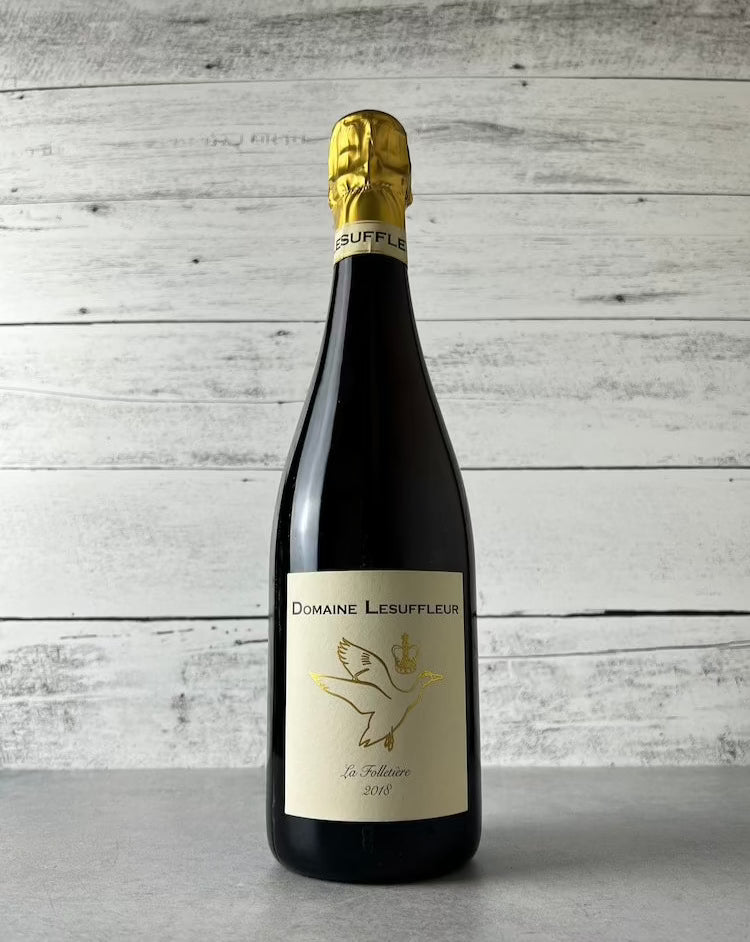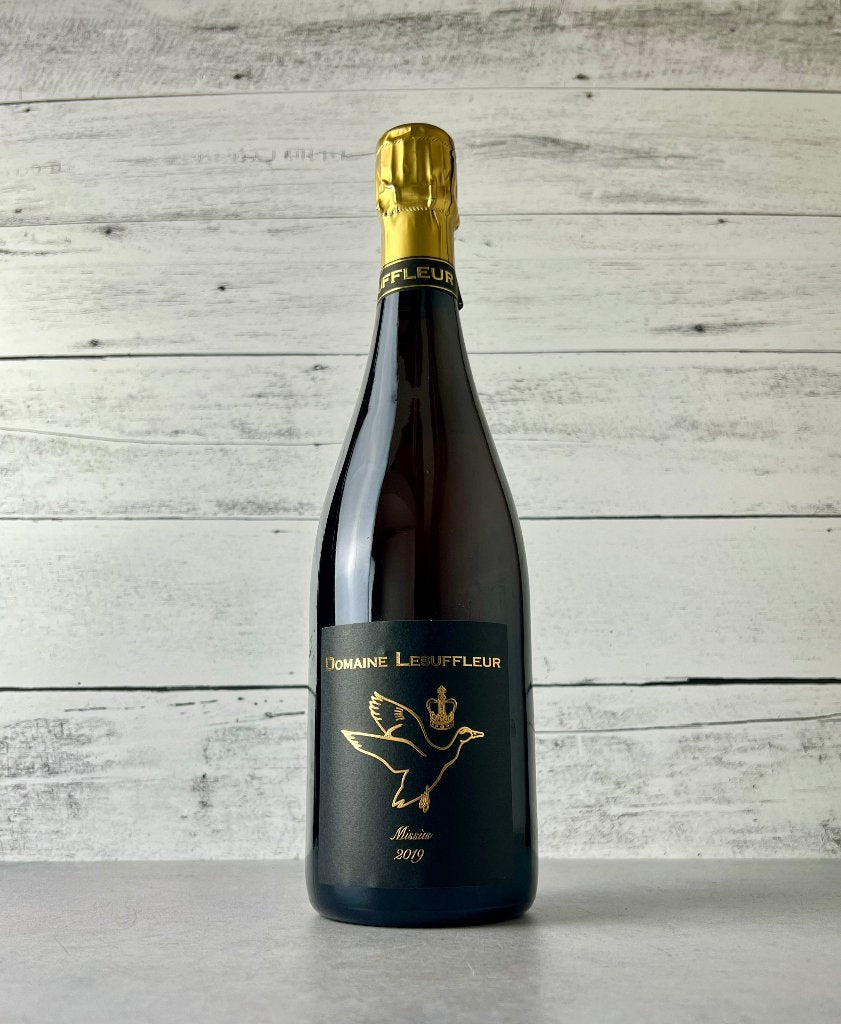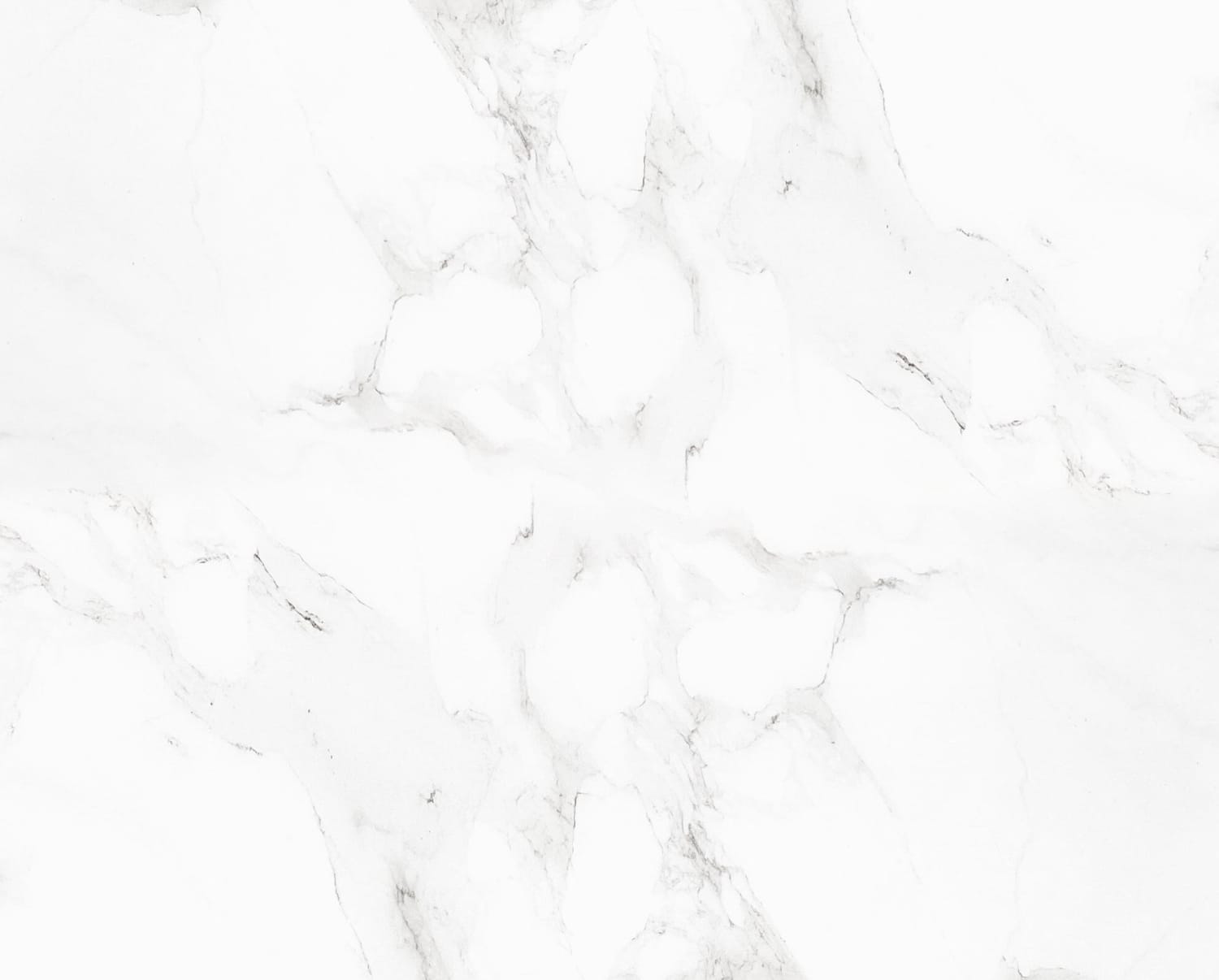Domaine Lesuffleur Cidre de Normandie
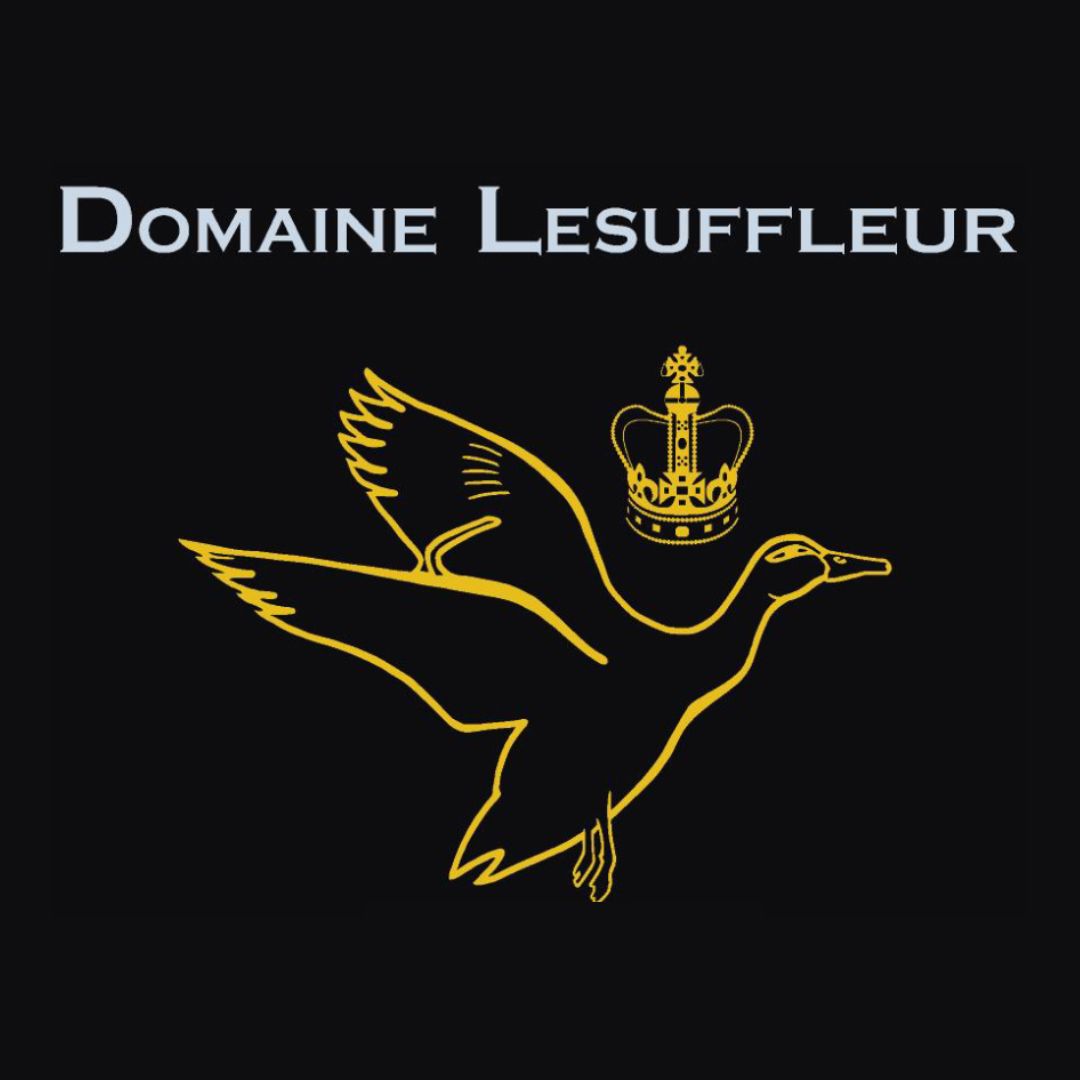
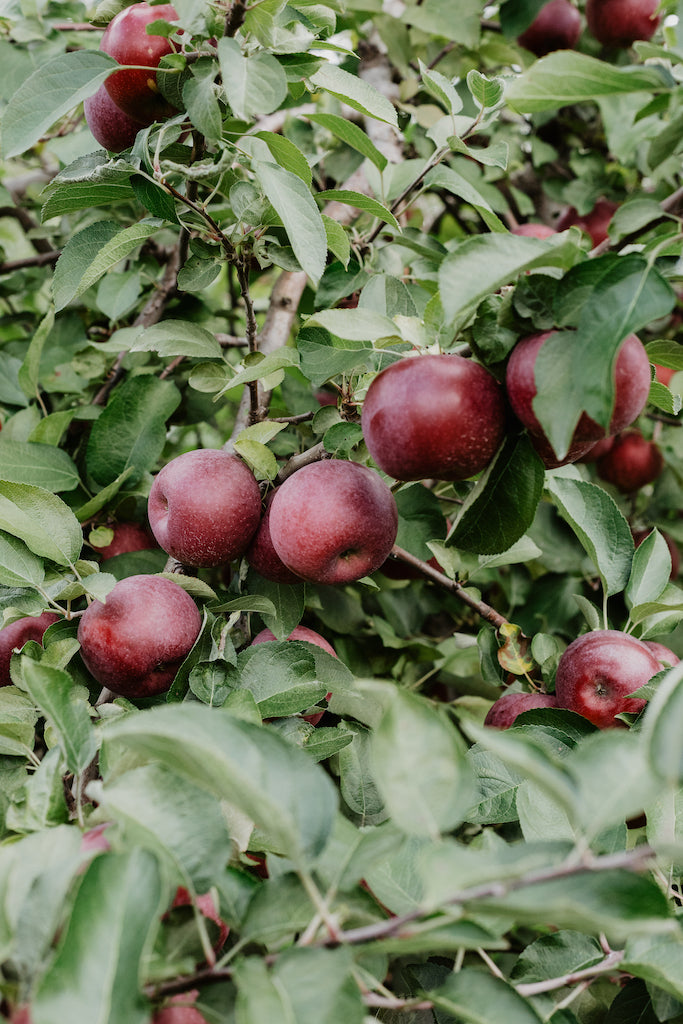
The Lesuffleur family have grown apples and produced cider in Normandy for generations. Benoit learned his craft from his grandfather, Roger Lesuffleur - a well-reputed cidermaker in the Pays d’Auge and the first to sell the family’s cider commercially. However, his father was less focused on continuing the family business, preferring to make cider to enjoy at home with family. So Benoit moved away, finished his studies and built a successful business as a wine agent in Paris, representing many top estates in Champagne and Burgundy. Inspired by these winemakers he worked so closely with, he realized his childhood ambition - to be a cidermaker like his grandfather.
After finally convincing his parents he was on to something, he returned home on weekends to oversee the management of his family apple orchards and in 2012, produced his first vintage of Domaine Lesuffleur cider. Today, he’s taken on some of the best varieties from his family’s orchards, using a wide range of heritage apples & pears, and creating vinous blends that balance sweet, bitter, and tannic varieties.
Since Benoit began overseeing the management of his family’s orchards in 2012, he has slowly converted all farming to organic practices. His range of ciders focuses on site-specific expressions of the heritage apple and pear varieties grown specifically in his region of the Pays d’Auge.
The orchards are planted in the clay valleys of the Pays d’Auge (Calvados), with large deposits of brown and blue flint over chalk clay, with a shallow depth of soil. These soil types combined with local varietal diversity and regular rainfall promote the natural richness of sugars in the apples producing soft, round ciders rich in tannin.
Apples are hand-picked and selected for maturity, followed by meticulous sorting before pressing. Indigenous yeast fermentation. Benoit uses traditional keeving method, which ensures a long slow fermentation leaving a little residual sugar and without without fear of excessive re-fermentation later, typically 3-4 rackings and light filtration. Indigenous yeast fermented in bottle (ancestral method). Extended aging on lees (dependent on vintage and cuvée).
